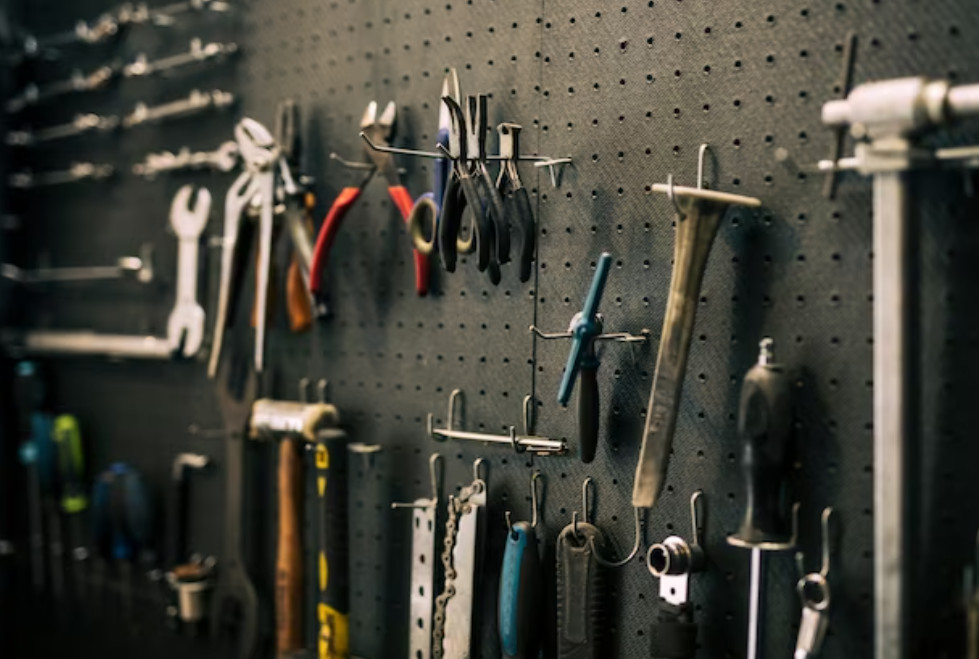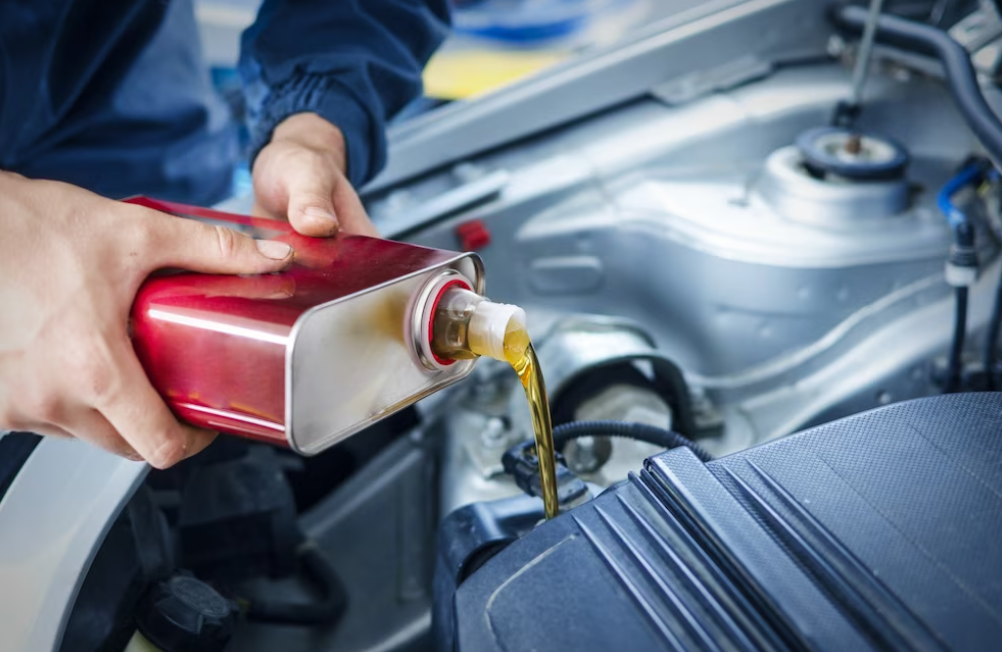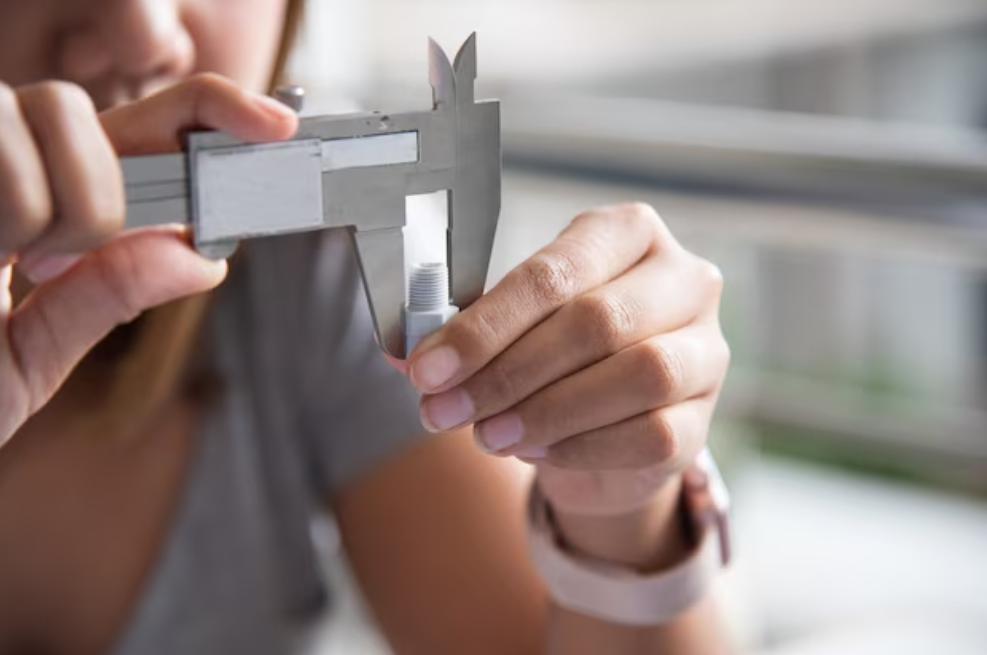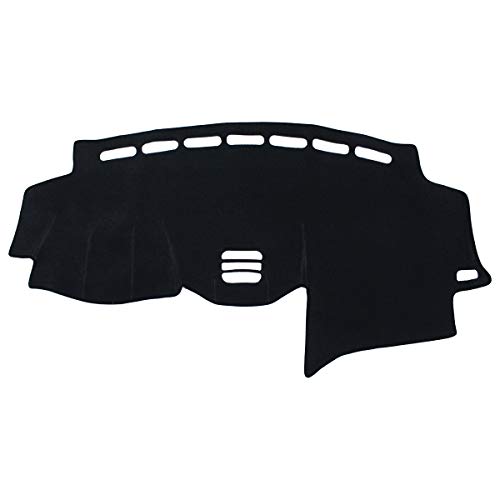Essential Mechanic Tools: A Comprehensive Guide
Knowing the right tools for the job is essential to any mechanic’s toolkit. Whether you’re a DIYer tackling home repairs or a professional working on cars, having a reliable set of mechanics tools that can handle any situation from routine maintenance to emergency repair is invaluable. In this guide, we’ll share all the basics – and some specialty items as well – so you know what kind of mechanic tools will help make your project easier and get faster results whether you need to tighten an oil filter or figure out why your brakes are squeaking. We got advice from expert mechanics who have been in the trade for decades, and compiled their must-have essentials along with handy shopping tips, so read on for everything you need to create (or add onto) an effective set of mechanic's tools!

Specialized Tools for Mechanics
-
OBD-II Scanner: An On-Board Diagnostics (OBD-II) scanner is a must-have tool for modern vehicles. It reads diagnostic trouble codes (DTCs) from the vehicle's computer, helping mechanics pinpoint issues quickly and accurately.
-
Engine Compression Tester: This tool measures engine compression, helping mechanics identify problems such as worn piston rings, leaking valves, or head gasket issues.
-
Fuel Pressure Gauge: A fuel pressure gauge allows mechanics to diagnose fuel system problems, such as low fuel pressure or a failing fuel pump.
-
Brake Caliper Tool: This tool is essential for compressing brake calipers when replacing brake pads or performing brake service.
-
Timing Light: A timing light is used to check and adjust ignition timing, ensuring optimal engine performance.
-
Ball Joint Separator: This tool makes it easier to separate ball joints from control arms during suspension repairs.
-
A/C Manifold Gauge Set: For air conditioning system diagnostics and service, this gauge set helps measure pressure and refrigerant levels.
-
Digital Borescope: A borescope allows mechanics to inspect hard-to-reach areas inside the engine, transmission, or other components without disassembly.
-
Exhaust Pipe Cutter: This tool assists in cutting and removing exhaust pipes during exhaust system repairs.
-
Torque Angle Gauge: For accurate torque measurements, a torque angle gauge is used to measure the angle of rotation when tightening fasteners.
-
CV Joint Clamp Tool: This specialized tool is used to securely attach CV joint boots to prevent contamination and maintain driveline integrity.
-
Oxygen Sensor Socket: This specially designed socket is used to remove and install oxygen sensors without damaging them.
-
Wheel Alignment Tools: Various alignment tools, like camber gauges and toe-in bars, assist in performing precise wheel alignments.
-
Strut Spring Compressor: When replacing struts or coil springs, this tool compresses the spring safely for removal and installation.
-
Battery Load Tester: This tool evaluates the health of a vehicle's battery, determining if it needs replacement.

-
Socket Set Components: Replacement sockets, ratchets, extensions, and adapters are available in case any of these components become damaged or worn out.
-
Wrench Parts: Some wrenches have replaceable jaws or handles, allowing you to replace specific components rather than the entire tool.
-
Screwdriver Bits: For screwdriver sets with interchangeable bits, replacement bits are available if any become damaged or worn.
-
Pliers Jaws: Some pliers have replaceable jaws, so you can replace them instead of replacing the entire tool.
-
Torque Wrench Calibration: Torque wrenches may require calibration over time, so having access to a calibration service or replacement parts is essential.
-
Hydraulic Jack Seal Kits: For hydraulic floor jacks, seal kits can be used to replace worn or leaking seals, restoring the jack's performance.
-
Impact Wrench Anvils: The anvil is a crucial part of an impact wrench, and it may need replacement if it becomes damaged or worn.
-
Brake Bleeder Tool Accessories: Replacement rubber caps and hoses for brake bleeder tools are available to ensure proper function during brake maintenance.
-
Multimeter Test Leads: For digital multimeters, replacement test leads can be purchased if the original leads become damaged.
-
Oil Filter Wrench Pads: Some oil filter wrenches have replaceable pads that grip the filter securely. These pads can be replaced if they wear out.
-
Creeper Wheels: The wheels on a mechanic's creeper can wear down over time, and replacement wheels can extend the creeper's lifespan.
-
Jack Stands Locking Pins: For jack stands with locking pins, replacement pins are available in case the original ones are lost or damaged.
-
Air Tool Components: Air tools may require replacement parts, such as O-rings, seals, or trigger assemblies, to maintain their functionality.

Properly storing and maintaining mechanic tools is crucial to ensure their longevity and reliable performance. After each use, it is essential to clean the tools thoroughly to remove dirt and debris. Regular lubrication of moving parts helps prevent rust and ensures smooth operation. Store your tools in a dry, climate-controlled environment to avoid moisture-related damage. Using a quality toolbox or tool cabinet with proper organization keeps tools protected and easily accessible. Conduct regular inspections to identify any signs of wear or damage and promptly replace or repair defective tools. For battery-powered tools, store them with partially charged batteries if not in use for an extended period. Following manufacturer maintenance guidelines, calibrating torque wrenches, and implementing rust prevention measures all contribute to preserving the tools' quality and promoting a safe and efficient working environment.
-
Can I repair or replace parts of my mechanic tools?
Some mechanic tools have replaceable parts, such as sockets, wrenches, or plier jaws. Check the manufacturer's guidelines or contact customer support for information on replaceable parts.
-
How long should mechanic tools last with proper maintenance?
High-quality mechanic tools may survive for several years with the right upkeep and inspections on a regular basis. The longevity, however, may differ according on usage volume and upkeep requirements.
Read more article here: The 10 Best Winter Car Seat Covers Of 2023














